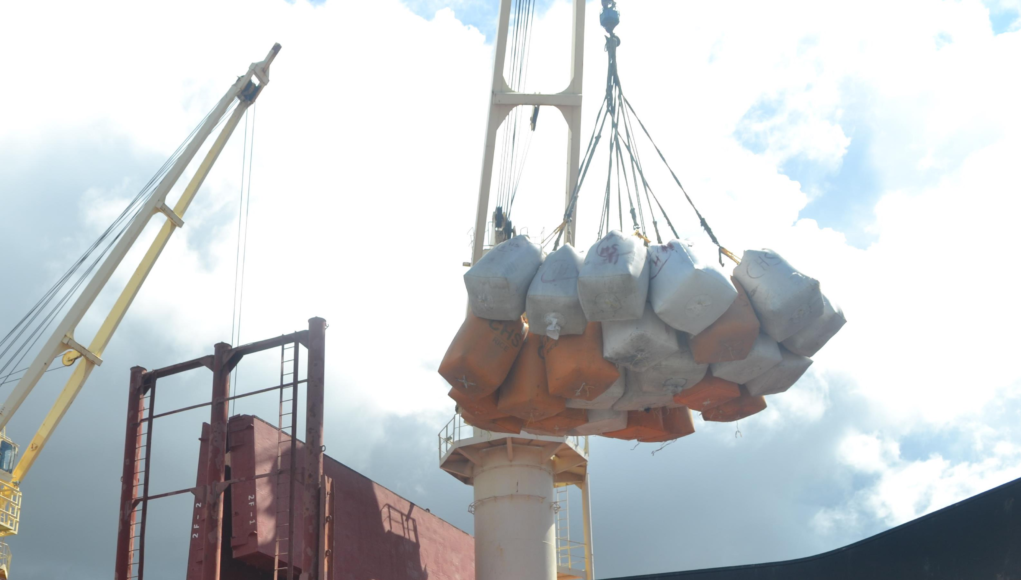In a recent interview with the Guyana Standard, Minister of Agriculture Zulfikar Mustapha provided an update on the long-awaited $1 billion payment from Panama for rice supplied by Guyanese farmers. The minister emphasized the government’s optimism that the payment will be made soon, following recent progress in negotiations.
The origins of this debt trace back to 2018 when the former APNU+AFC government secured a market in Panama for Guyanese rice farmers and millers. Over $1 billion in rice was supplied to Panama on credit, but following a no-confidence vote and subsequent government change, the payments were never made. The current administration has been attempting to resolve this matter since taking office in 2020.
“We are currently working with the authorities in Panama,” Minister Mustapha stated. “They have sent an agreement which we are now reviewing. The document, initially sent in Spanish, is being translated by the Ministry of Foreign Affairs. Once we have a clear understanding of its contents, we will review it with the Guyana Rice Development Board (GRDB) and the Attorney General. If everything is in order, we will send it back and expect the payment to follow shortly.”
When asked about Panama’s request to waive the interest on the payment, Minister Mustapha acknowledged the request but emphasized the government’s priority to secure the farmers’ payments promptly. “Yes, they made that request. However, in the interest of the farmers, we cannot afford to delay the process. If we wait (on interest) it might pull back the entire procedure. The government will absorb the interest loss, but our focus is on ensuring that the farmers receive their money as soon as possible.”
Minister Mustapha expressed confidence that the agreement will be finalized soon, potentially by the end of the month. “I am very optimistic that we can finalize the agreement shortly, and once done, Panama can proceed with the payment.”
Attorney General, Anil Nandlall recently highlighted the details of the proposal in a recent press conference. “Based on the proposals we have received, Guyana may have to forego the interest accrued under the debt. The interest is almost the same size or larger than the principal amount,” he explained.
He said the situation became more complicated as legal proceedings at the International Chamber of Commerce incurred significant costs. According to Nandlall, about US$150,000 has already been spent on legal fees. Additionally, enforcing any arbitration award against a government poses unique challenges compared to private entities, as governments lack assets that can be seized to satisfy judgments.













